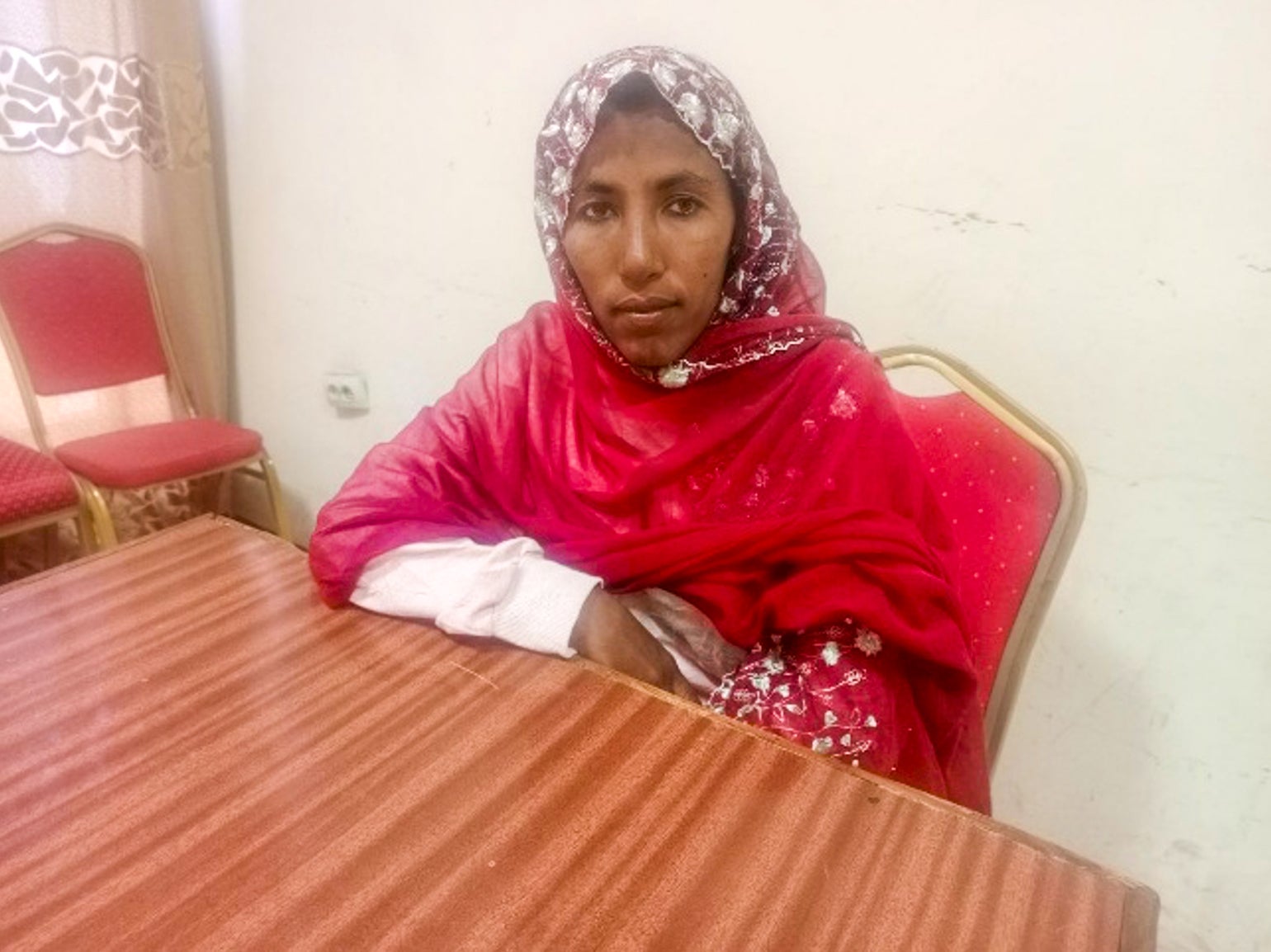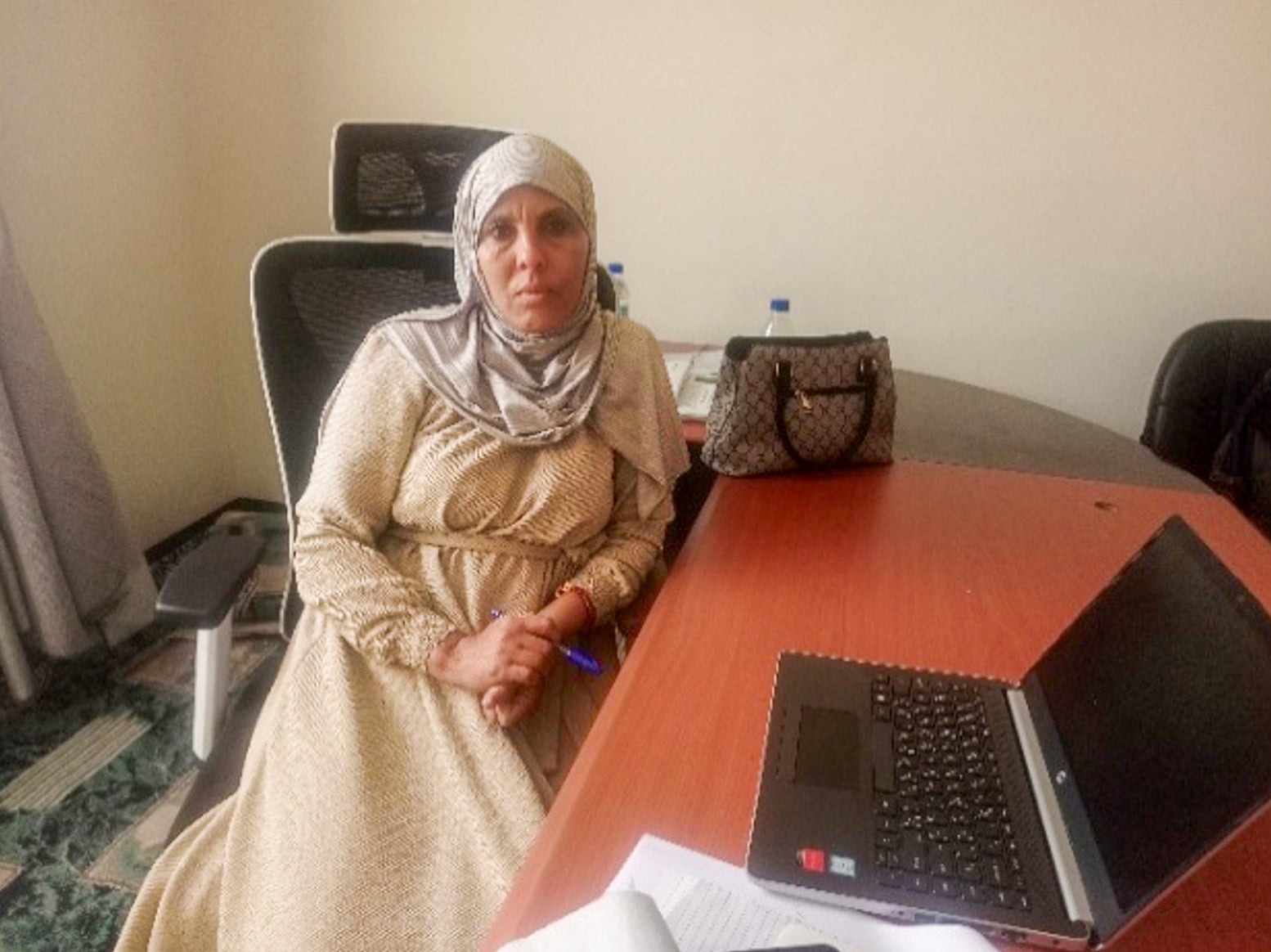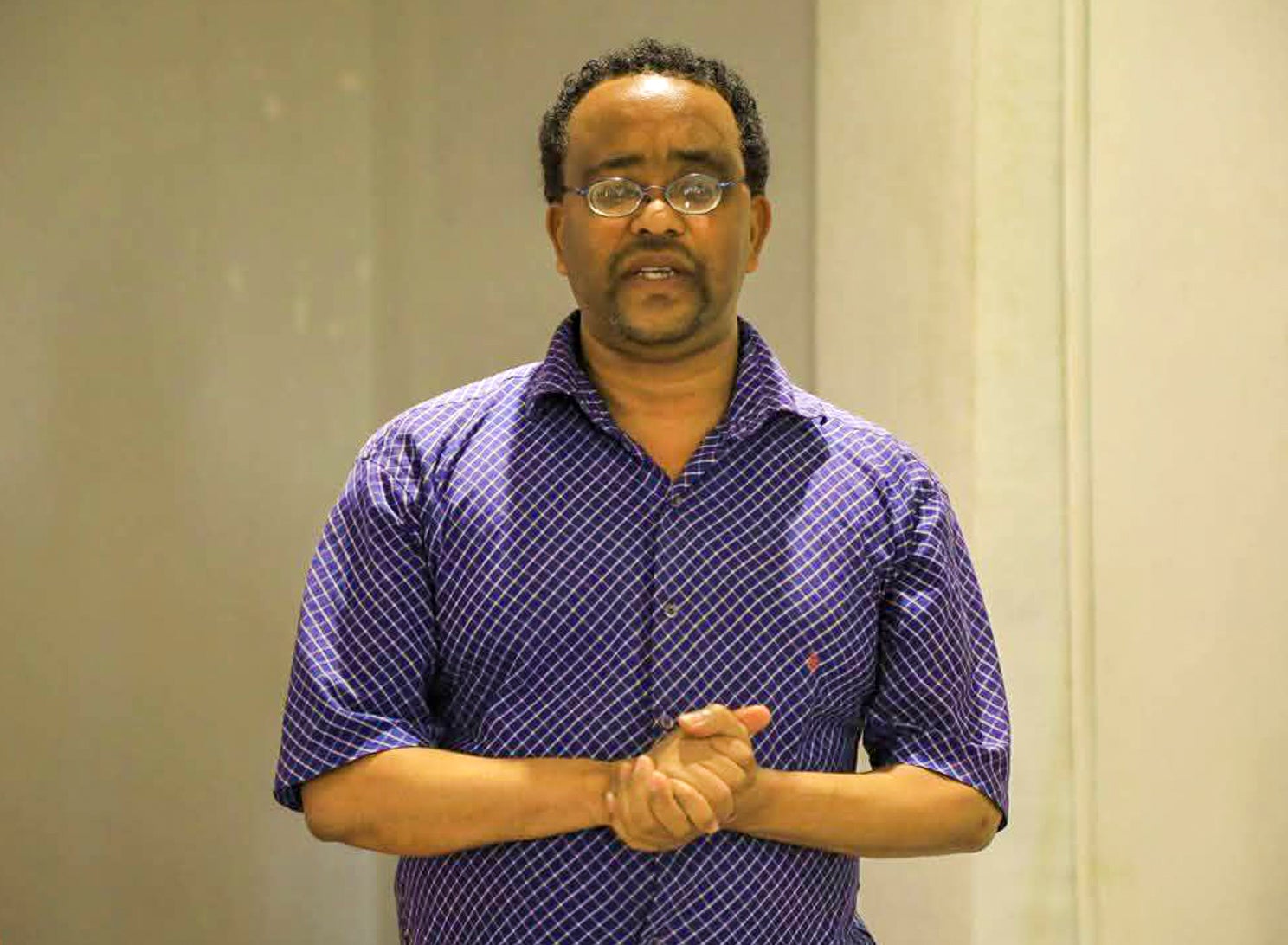UN Women, partners enhanced capacities of 364 Women Leaders in Ethiopia
Date:
Promoting the equal representation and effective participation of women in leadership and decision-making positions in Ethiopia has been one of the priorities of UN Women in Ethiopia since 2017. From leadership capacity building to transforming social norms to create a conducive environment for women to climb the leadership ladder, UN Women Ethiopia has been spear heading the effort to empower Ethiopian women to lead and take part in decisions that matter in their life.
In recent years, the representation of women in leadership both at the legislative and executive branch of the government at the federal level exhibited commendable improvement where in both branches women make more than 40% of the leadership. This commendable improvement is not however uniform in all leadership positions and at all levels specially in the executive branch of government at regional level. To respond to this, UN Women and its partners have been working to empower women in lower and middle level positions with a view to help them climb the leadership ladder as well as create space for other women to hold leadership positions.
In 2024 only, UN Women, in collaboration with its partners capacitated 364 women leaders from various regions. Participants in these leadership development programs reported increased confidence and resilience, the acquisition of new leadership skills, and integration into a broader network of women leaders for support and mentorship. The program not only empowered women to realize their full potential but also encouraged them to create opportunities for other women to advance in leadership within their respective organizations. It also equipped them to recognize and tackle various gender inequalities persisting in their respective regions.

Rukiya Endris, Deputy Administrator of Kedida kebele in Kombolcha city administration of the Amhara region. Photo/UN Women/Desalew Alehegn
Rukiya Endris is the Deputy Administrator of Kedida kebele in Kombolcha city administration of the Amhara region. She is one of the women who participated in Transformative Leadership for Gender Equality (TLGE) training and mentorship initiative by Amhara Bureau of Women, Children, and Social Affairs (BoWCSA) in partnership with UN Women. She recalls the challenges she used to face including difficulty to accept harsh criticism from her colleagues due to lack of confidence. This was also reflected in her personal relationships.
“While I was in this critical situation, I participated in 5 days training on personal development, transformative leadership, gender equality, time management, crisis leadership and women's role in peace and security skills in May 2024. I also got a mentorship and networking opportunity in August 2024. Through the training skills and mentorship support I gained I have brought many changes in my life and career. I have boosted my self-confidence. I also learned resilience, persistence and servanthood from the training and mentorship support.” She spoke.

Kokebe Seid, Head of the Inspection and Ethics Commission of South Wollo Zone in Amhara Region. Photo/UN Women/Desalew Alehegn
Kokebe Seid shares Rukiya's sentiment about the leadership development training. She is currently Head of the Inspection and Ethics Commission of South Wollo Zone in Amhara Region. Kokebe lost both her husband and children during the war in Northern Ethiopia. Grief and frustration heavily impacted her personal life and career journey. However, she chose to channel her pain into a source of strengthen, using it to empower others by mentoring and coaching them in their professional growth. After receiving a refresher training on Mentorship and Coaching, she became a mentor for an aspiring junior women leader during the mentor-mentee linkage program held in August 2024. 'Both the TLGE training and the mentorship journey helped me improve my work, personal and social life. The training improved not only my abilities but also rekindled my passion for leadership. It gave me back my confidence and enabled me to learn from other women.' Kokobe concludes.
Solomon Kindu, the director of Gender and Inclusion Directorate at Amhara BoWCSA, highlighted the impacts of UN Women supported capacity development and mentorship interventions in the region. He said UN Women has worked with Amhara BoWSCA since 2017 and built the capacity of many women leaders and aspirants at all levels to increase the participation of women in public life.

Solomon Kindu, Director of Gender and Inclusion Directorate, Amhara BoWCSA. Photo/UN Women/Desalew Alehegn
Solomon also noted that the war in the northern part of Ethiopia as well as the ongoing conflict in Amhara region negatively affected the participation and representation of women in leadership and decision-making positions since 2021. Many women leaders have resigned from their leadership positions due to the conflict. He underlined that UN Women’s support was vital in alleviating the impact through TLGE trainings and mentorship program which was noted to inspire and enhance the resilience of women leaders.
“The training and mentorship linkages have significantly improved the leadership, personal, and social lives of women leaders. Those who participated in the training have demonstrated increased self-confidence, acquired crisis management skills, and have been inspired to continue in their leadership roles while aspiring for higher responsibilities,” he stated.
UN Women and Amhara BoWCSA, with funding from the governments of Austria, Denmark, the Netherlands and Sweden have been implementing the project “Enhancing Women’s Leadership and Empowerment Project in Amhara region” since 2017. The project employed multipronged strategies including capacity building and mentorship for aspirant young women and lower-level women leaders, men political leaders’ engagement as well as advocacy and awareness promotion. Notably, Austria has played a key role in supporting the establishment of the TLGE Training Center.